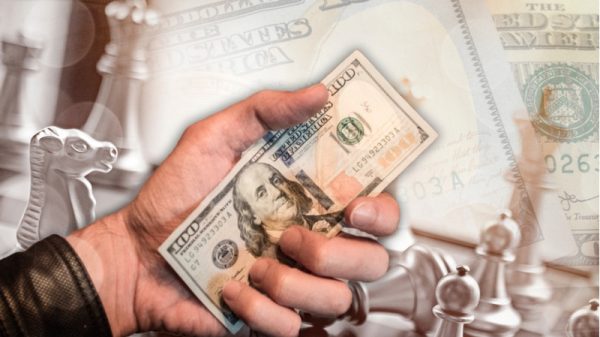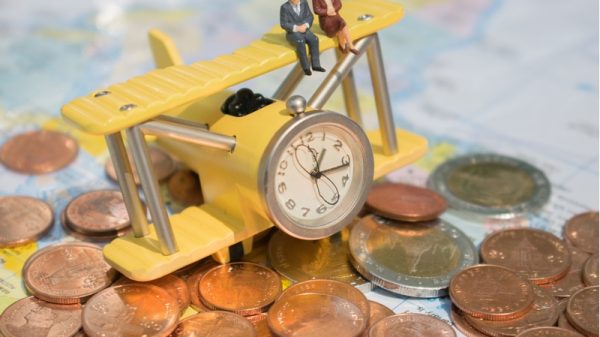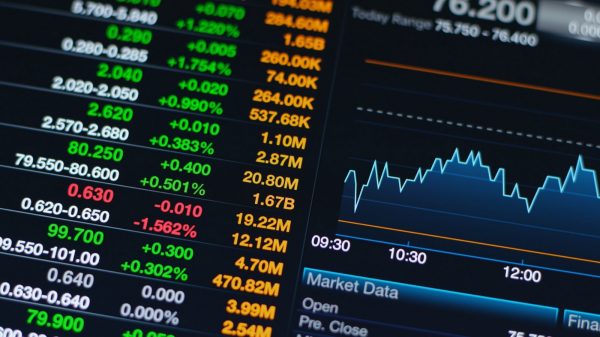Many people believe that you have to be some sort of mathematics genius to succeed as a trader. The truth is that while some maths skills are important, an advanced level of mathematical knowledge is not a requirement for success.
Traders use a variety of skills to be successful, including analytical skills, critical thinking, and risk management. While maths skills can be helpful in analysing data and making decisions, traders can also use other tools, such as software programmes and technical analysis, to make informed decisions.
Success in trading requires a combination of skills, including discipline, patience, and a willingness to learn. While maths skills can be helpful, they are not the only factor that determines success in trading.
What Maths do Traders Need?
Trading involves a lot of numbers and data analysis, so it’s no surprise that mathematical concepts play a role in trading.
One of the most important mathematical concepts in trading is probability. Traders use probability to determine the likelihood of a certain event occurring. This helps them make informed decisions about when to buy or sell a particular asset.
Traders use statistics to analyse data and identify trends. By analysing data, traders can identify patterns that can help them make better trading decisions.
,- Looking for the best way to trade the markets? ,-
Check out our ,,,recommended broker.
Another important mathematical concept in trading is risk management. Traders use maths to calculate the risk associated with a particular trade. By calculating the risk, traders can determine if a trade is worth making or if it should be avoided. Traders also use maths to calculate the potential reward of a trade. By calculating the potential reward, traders can determine if a trade is worth the risk.
Traders also use mathematical models to develop trading strategies. For example, they may use technical analysis to identify patterns in stock prices and make predictions based on those patterns. They may also use ,,quantitative analysis to develop trading algorithms that can automatically buy and sell various instruments based on certain criteria.
Different Trading Approaches
While having a strong foundation in mathematics can be beneficial for trading, traders can focus on different trading approaches, using more or less maths.
Successful traders develop a deep understanding of the market and the underlying assets being traded.
This requires extensive research and analysis, but it can provide valuable insights into market trends and potential opportunities.
Some traders rely on technical analysis tools and software to make trading decisions. These tools use historical price and volume data to identify patterns and trends that can be used to predict future market movements.
Other traders rely on fundamental analysis, which involves analysing financial and economic data to identify undervalued or overvalued assets. This approach can be particularly effective for longer-term investments.
Quantitative trading requires more mathematical proficiency. For example, ,,quantitative analysts use complex mathematical models and algorithms to help them make trading decisions.
Other Trading Skills
While it is true that a good understanding of mathematics can be helpful in trading, it is not an absolute requirement.
Many successful traders have been able to achieve great results without having a strong background in maths.
What is more important is having a solid understanding of the markets, a good strategy, and the ability to manage risk effectively. These skills can be developed through education, practice, and experience.
How good a successful trader needs to be at maths depends on a variety of factors, including their personal strengths and weaknesses, their trading style, and the markets they are trading.



























